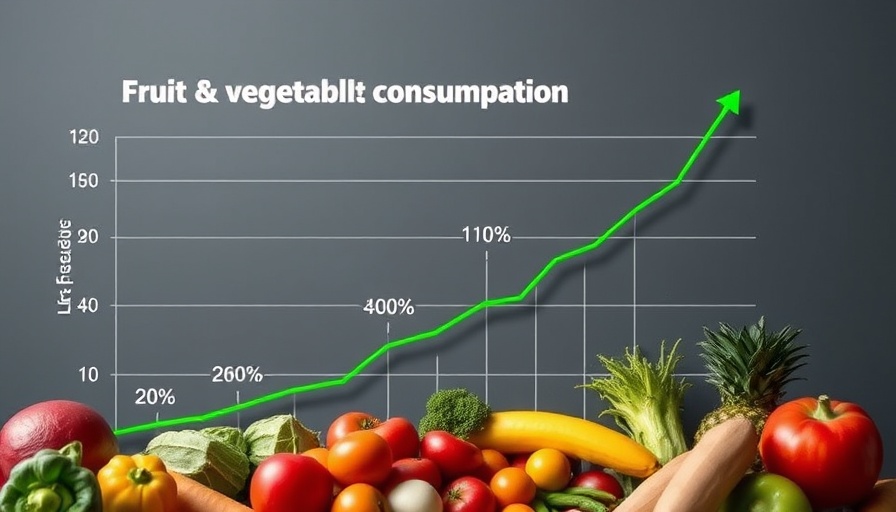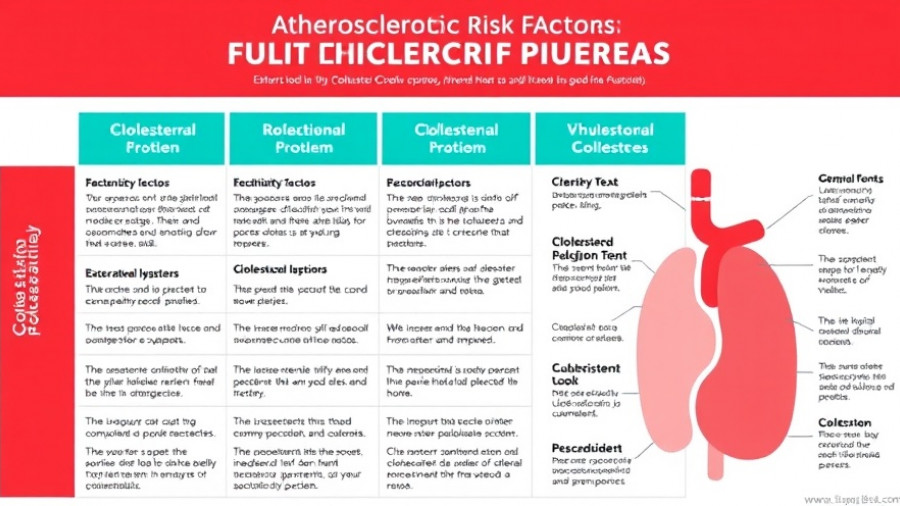
Can Eating Fruits and Vegetables Truly Elevate Your Mood?
In recent years, researchers have been diving into an inspiring question: Do the fruits and vegetables we consume contribute to our psychological well-being? A handful of studies suggest that there may be a positive relationship between a diet rich in produce and one’s mood and happiness.
Understanding the Impact of Our Diets
The field of positive psychology emphasizes finding life satisfaction, personal strengths, and flourishing—elements that contribute to an enhanced psychological state. Evidence has shown that a greater intake of fruits and vegetables not only corresponds with improved life satisfaction but might also mitigate the risk of depression and anxiety.
Research Highlights: The Connection Between Produce and Happiness
One significant study conducted in Australia observed that participants who increased their daily servings of fruits and vegetables saw a direct boost in their life satisfaction—around 0.24 points for every eight additional servings. Imagine feeling as happy as getting a new job!
Replicated in the UK, this research indicated that the minimum recommended intake might be higher—up to 10 or 11 servings per day. However, the key message remains unchanged: more fruits and veggies can lead to a more fulfilling life.
Long-term Benefits for Mental Health
Moreover, fruits and vegetables may play a protective role against serious mental health disorders. A meta-analysis highlighted a linear association where each additional 100 grams of fruit consumption resulted in a 3% drop in depression risk. Still, with less than 10% of populations consuming the recommended levels, we see a gap between knowledge and action.
Why This Matters for Us Locally
For anyone living in Fort Smith and the River Valley, making healthier dietary choices is not just about feeling good today; it’s also about setting ourselves up for a sustainable, fulfilling future. As we strive for balance in our mental health, incorporating more plants into our meals could pave the way for a happier, healthier you. So why not start today?
In conclusion, understanding the interplay between diet and mood can empower our community. Remember, every small change counts—add a fruit to your breakfast or a veggie to your lunch! Together, let’s embrace a lifestyle enriched with health, happiness, and wellness.
 Add Row
Add Row  Add
Add 




Write A Comment